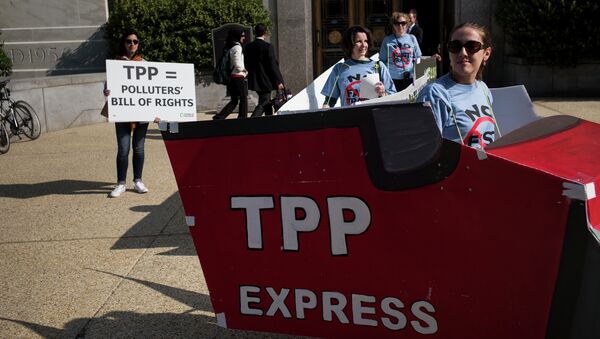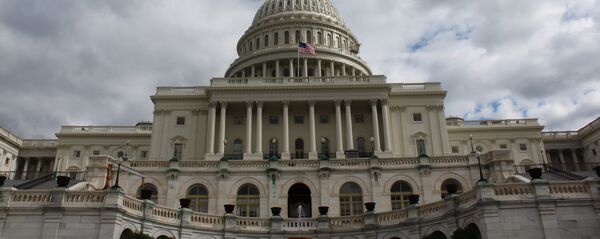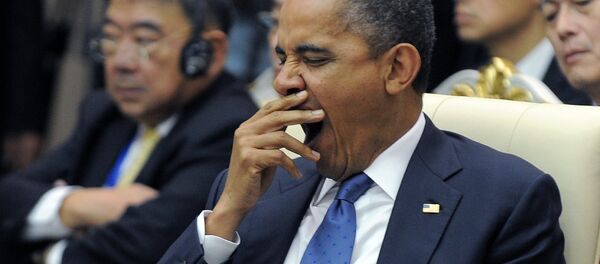In April, Japanese Economy Minister Akira Amari said that both sides needed to soften their stance in order to reach an agreement in negotiations on the contentious issues of Japanese car parts for the US market, and US agricultural products for the Japanese, including pork and rice.
On Friday a Japanese official said Japan was "confident we will be able to resolve" the remaining issues, "in time for concluding TPP negotiations overall" in July, when ministers from the 12 countries with a negotiating position in the TPP are scheduled to meet.
The Trans-Pacific Partnership treaty proposes to lower trade barriers and tariffs across an area covering 40 percent of the world's economy.
The treaty has, however, come under fire for the secretive nature of the negotiations between the delegations of the 12 nations with negotiating positions, as well as for offering legal rights to corporations and investors which are not extended to unions, public interest groups and individuals.
One such provision is the 'investor-state dispute settlement' legal instrument, which allows multinationals to sue governments for violating their property rights. Other controversial clauses include provisions to restrict national financial regulation, and to increase protection on drug patents, a move which would lead to higher prices for medicine.



